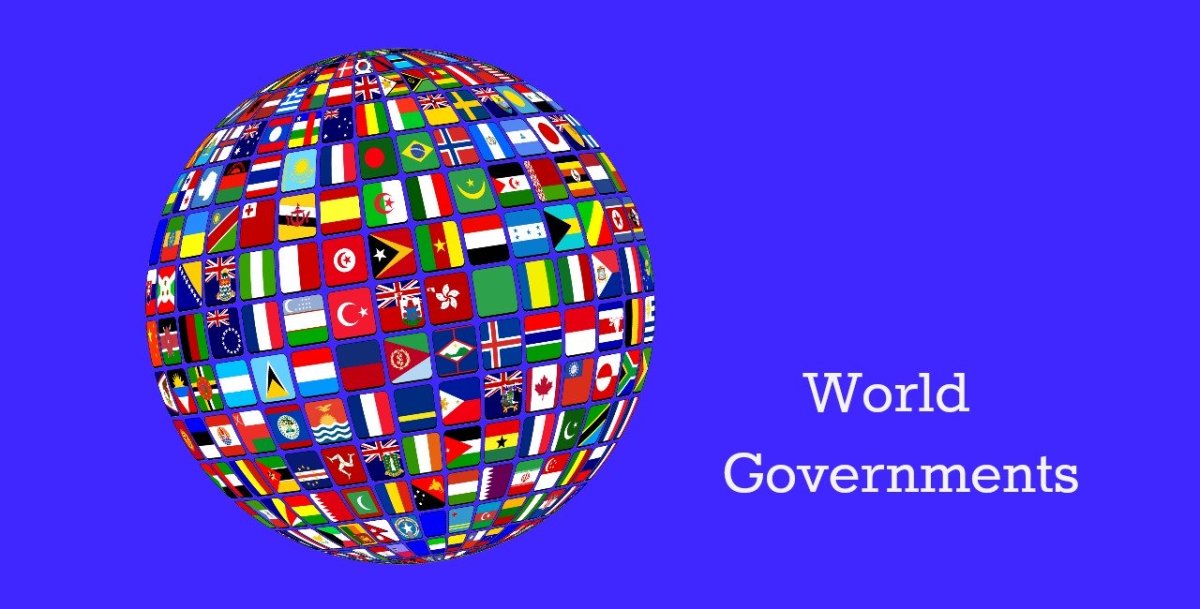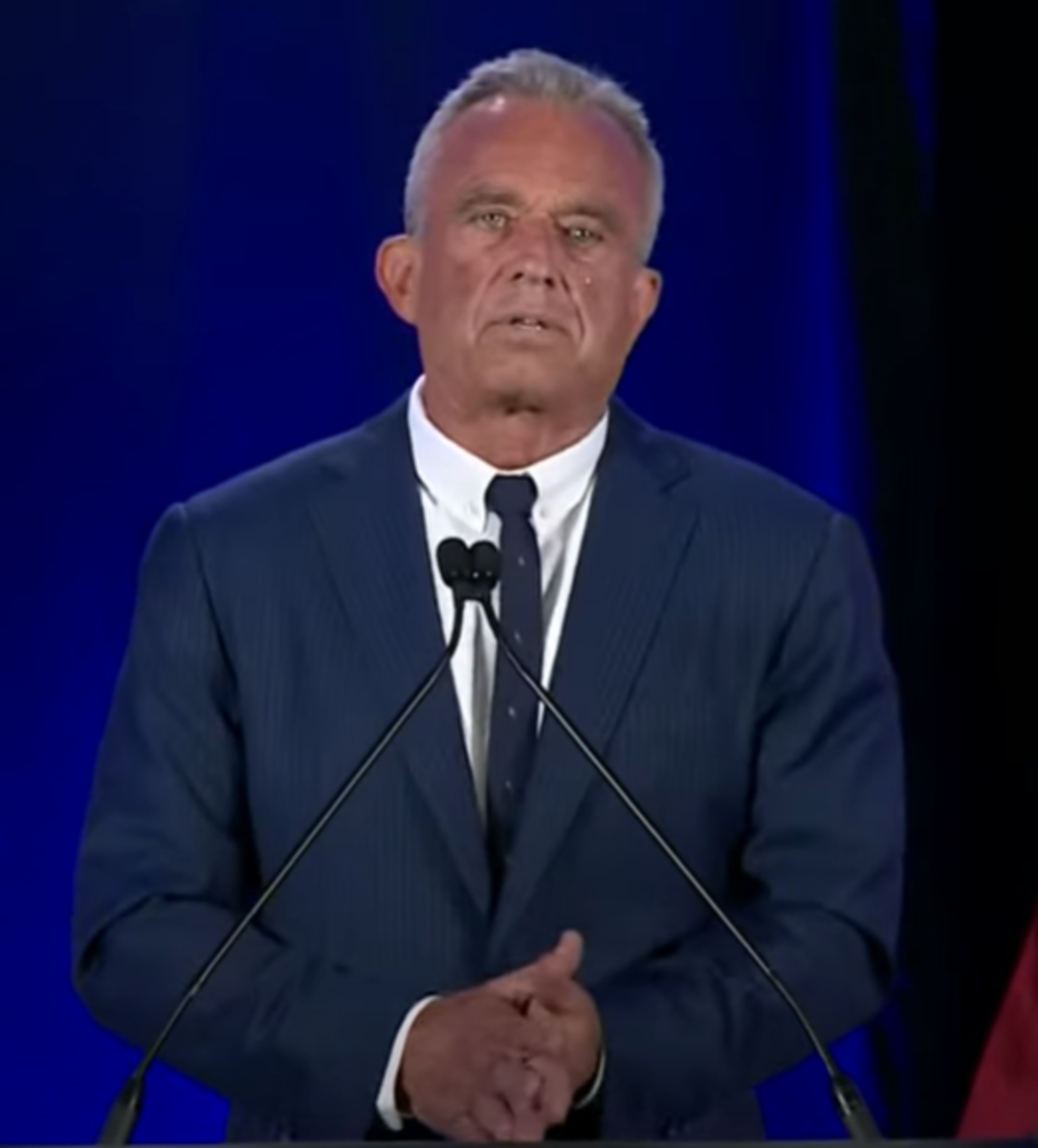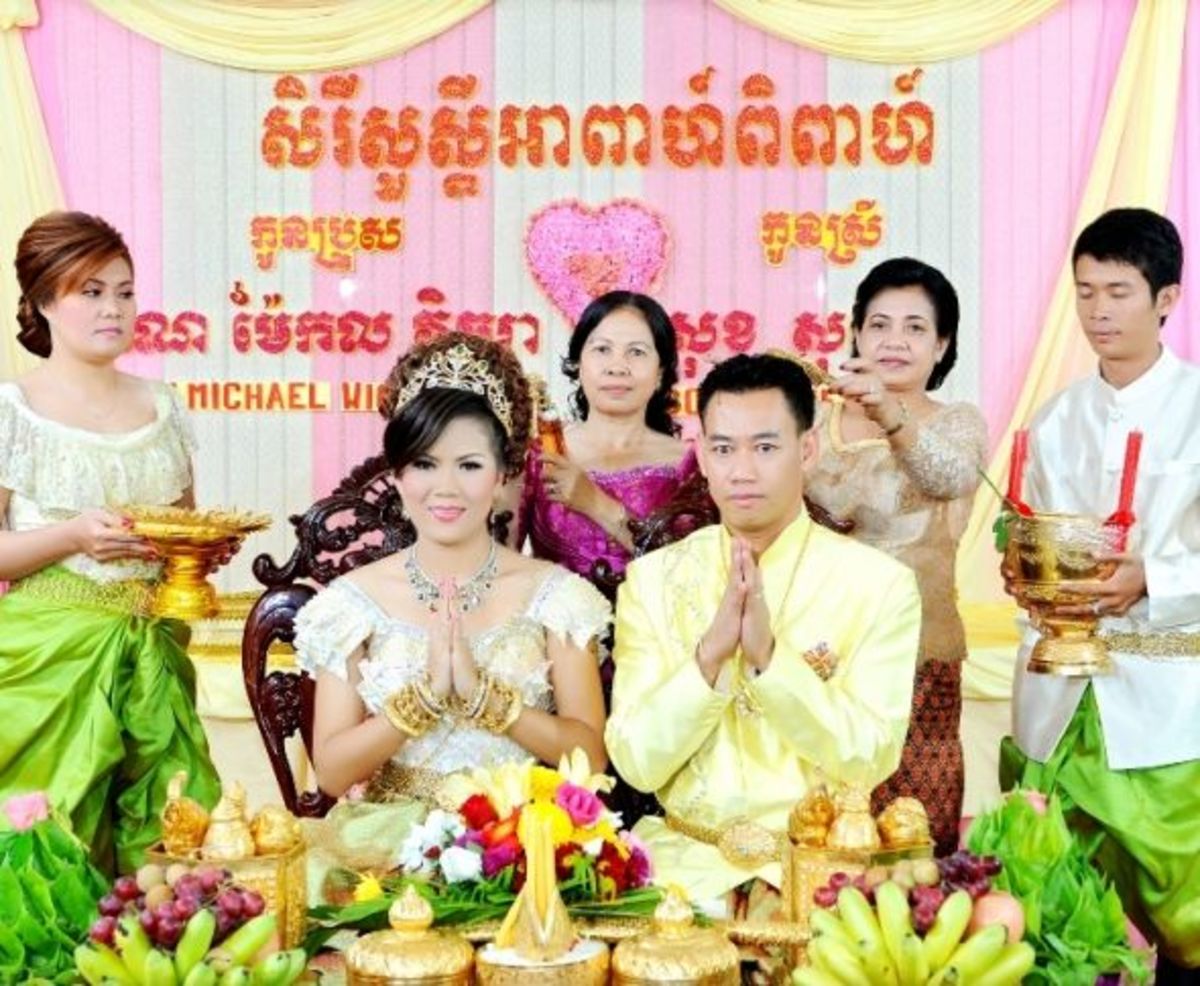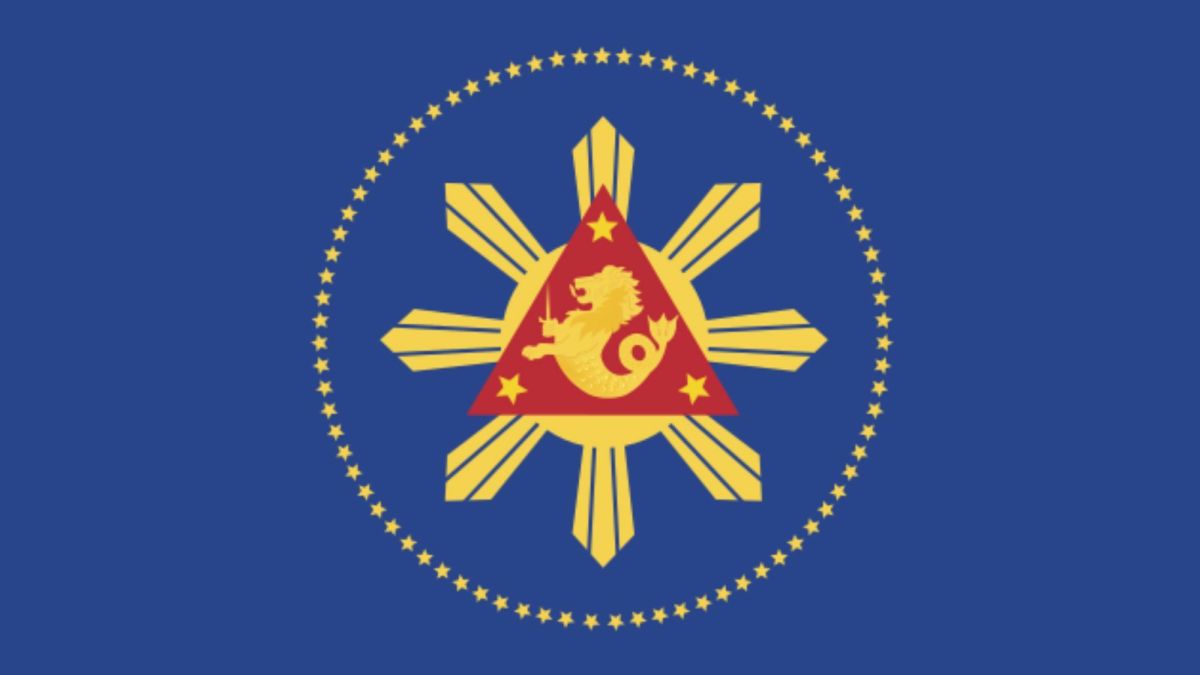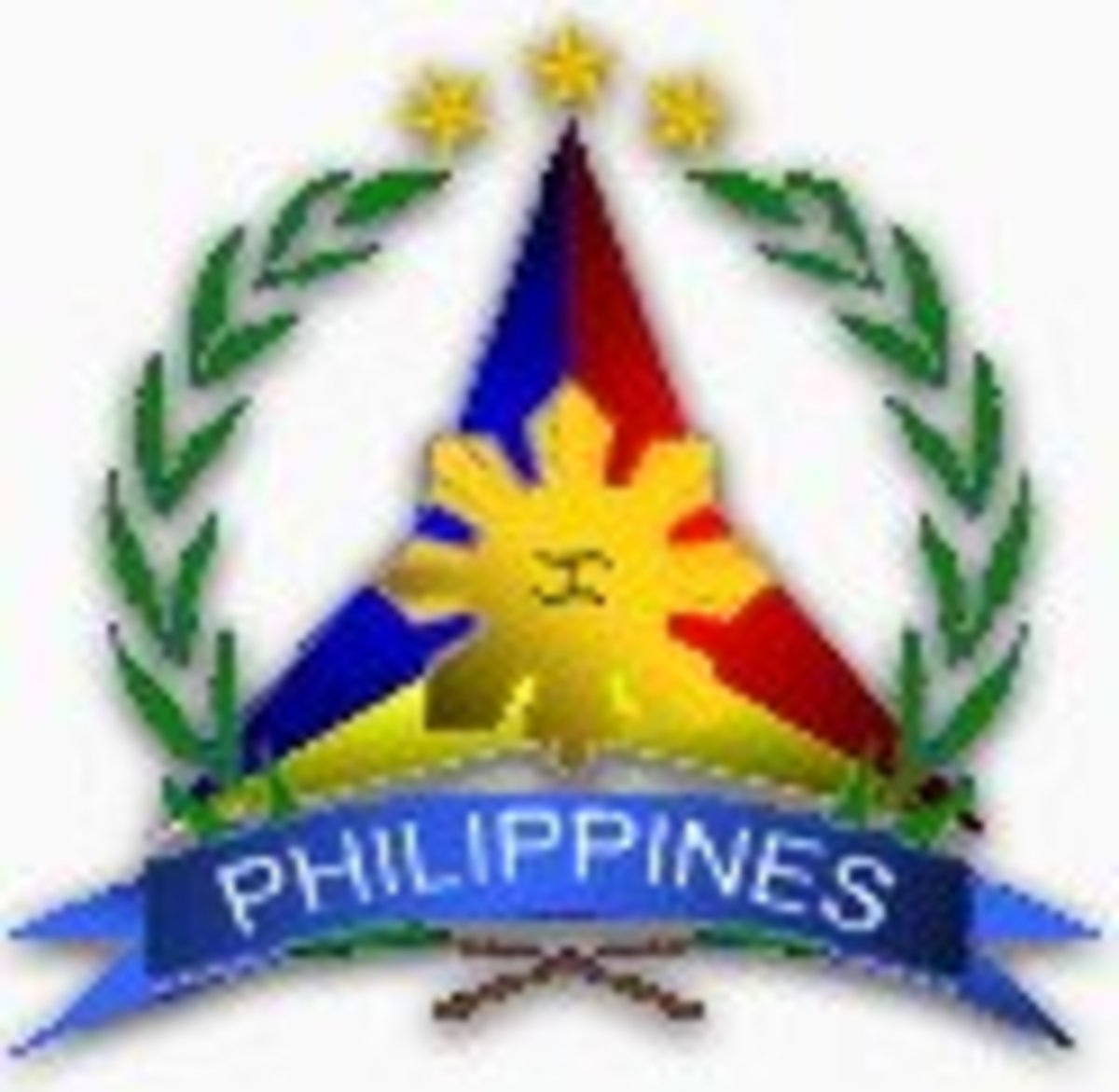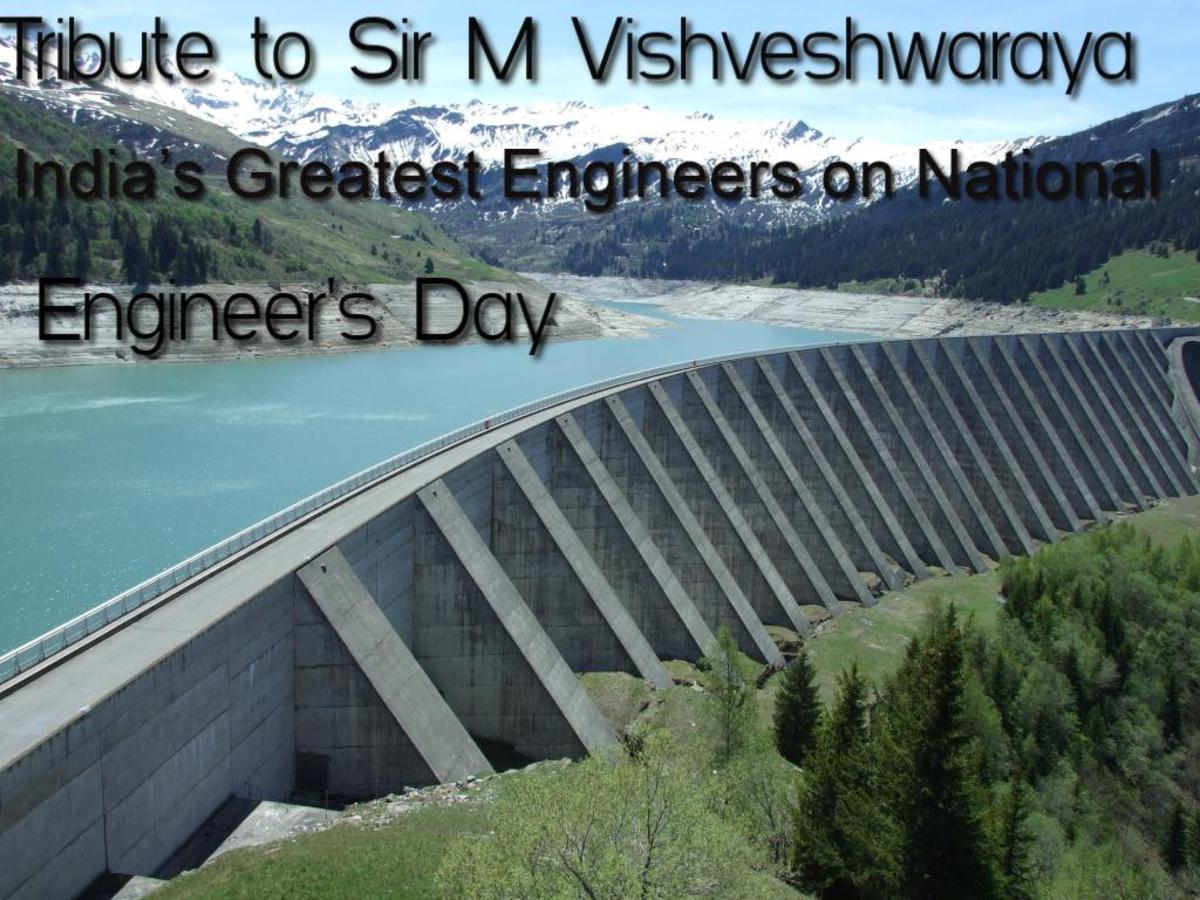Democracy in Cambodia - 5 Pragmatic Questions Related to the Democratization of Cambodia
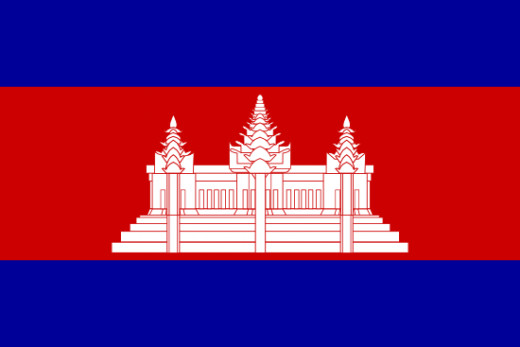
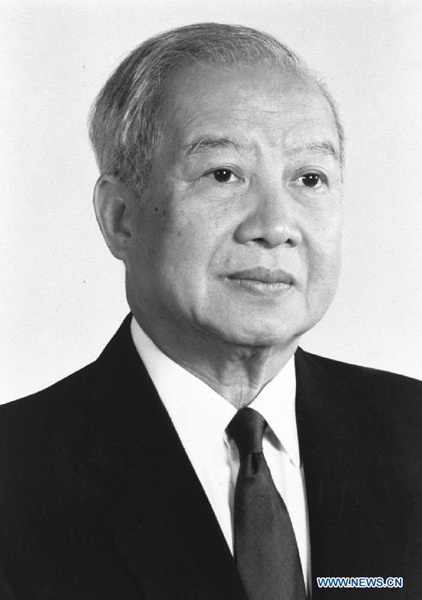
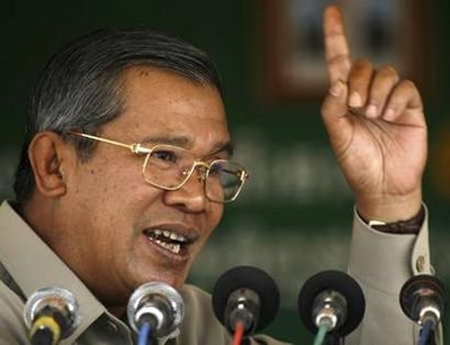
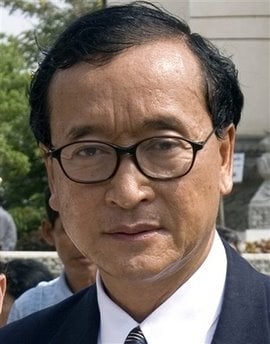
Democracy in Cambodia - A Brief History
Cambodia is a small country in Southeast Asia sandwiched between Vietnam on the East and Thailand on the West. A façade of representative government first came to Cambodia after the country gained independence from France in 1953-54. While representatives may have been elected by the people, leadership was firmly in the grasp of King Norodom Sihanouk who retained Head of State even if his title changed five times. Sihanouk retained power over the Cambodian political scene until 1970 when he was overthrown in a coup d' etat by American backed Lon Nol. After a bitter civil war, genocide carried out by the Khmer Rouge; and occupation by Vietnam, Cambodia regained its independence in 1991. With the help of the United Nations, the Kingdom of Cambodia established a new parliamentary system and held its first election in 1993.
Even though the UN helped set up the new representative government system, it was not long until power became concentrated in the hands of the Cambodian People's Party and there chief representative Hun Sen. Essentially Cambodia returned to one party rule after 1998 when Hun Sen took complete control of the country in 1998. Since 1998, the Cambodia People's Party increased their power by gradually gaining and retaining more parliamentary seats, finally gaining a super majority in 2008.
In the 2013 election, newly formed opposition party (the Cambodia National Rescue Party) led by Sam Rainsy and Kem Sokha surprised the ruling party through a strong showing. The CPP lost their super majority and ceded 55 of 123 parliamentary seats to CNRP while retaining only 68. Even so, the opposition party cried foul and claimed they should have won 63 seats, denied only by alleged improper polling practices by the National Election Committee. Other observers from the UN, USA and Europe called for a transparent review of the 2013 voting data while a few thought the CPP showed some maturity by admitting their loss of the super majority. The call for independent review fell on deaf ears; the opposition party held protests; and Hun Sen (known as The Strongman) called troops into the capital city Phnom Penh to keep order. At the time this article was written the opposition party continued to peacefully protest the result of the election and their CNRP representatives refused to take their places at the National Assembly. Hun Sen and the other CPP representatives opened the new parliament with the blessing of the King Norodom Sihamoni.
Still, many questions arise concerning the movement towards full democratization of Cambodia. For instance, should the results of the 2013 elections be seen as a setback for democracy and free and fair elections or as progress? Hun Sen slowly built a super majority in 2008 and then ceded that super majority in 2013. Would not a man possessed with the need to retain power have rigged the election even more in his favor so that he could keep his majority and pass laws favorable to his backers and entourage? Looking back at the history of democratic movements around the world, would anyone really expect a place like Cambodia to run clean elections after only 20 years? Did the United States have a clean system in the 1960 election (nearly two hundred years after the first national election) or the year 2000 when the results had to be certified by the Supreme Court? Has Cambodia not made impressive economic progress since Hun Sen and the CPP took full power in1998? Would Cambodia have made the same progress under the opposition whether it had been FUNCIPEC or Sam Rainsy Party or newly devised CNRP? Has economic progress ever trickled down to every member of a country only 15 years after the end of a brutal civil war? Is it not a normal case that a man needs loyal supporters to continue in power and that he will have to appease their appetites first before he can turn his attention on the rest of the people? How did Haliburton get such a lucrative contract in Iraq after all?
This is not to say that what has transpired in Cambodia has always been perfect and the prime minister always benevolent. Still, when assessing the progress towards democratization of a nation, one must take a pragmatic view. In order to keep a country stable there are certain citizens that must be appeased or instability will return. Even the United States of America experienced Marshall law between the end of the American Revolution and the ratification of the US Constitution.
This hub asks other relevant and pragmatic questions related to the democratization of the Kingdom of Cambodia? The same questions could apply to any country attempting to move from autocratic authoritarian rule to government by representative democracy. The questions are not exhaustive.
What do you think?
Can democracy be forced on a people?
Is democracy appropriate for every country?
What criteria is most important for democracy to work best?
Are the people ready to lead themselves?
When promoting democratization in any nation, the first question observers should ask is: are the people truly ready to lead themselves? In the case of Cambodia, are the Khmer people ready to lead a country that is governed by the people and for the people? Are they committed to participating in the process? Are they actively making themselves aware of what is going on in their respective villages, communes, provinces, and nation? Do they know who the central political figures are and what they hope to accomplish?
What is their cultural perspective of leadership and political leadership? In the past Cambodia could be characterized as a culture with a high power distance orientation. This means that they do not seem to mind a wide separation in powers. That of course is changing with the new younger generation which is tech-savvy and likes to interact with the world at-large through social media outlets.
And of course, no one likes to be used and abused. If conditions are bad enough and they do not think their basic needs are being met, then the Cambodian people will rise up in protest such as in the numerous land grab violations. The question remains whether in gentile circumstances the people interested in actively participating in the governance over their lives.
Even if they are willing to turn out and vote (as it appears they are from the 2013 election) are they also willing to stand up and keep their elected officials accountable to meet the needs of their constituency?
History of Cambodia
Are the Leaders of the opposition party ready to lead the country?
When promoting the full democratization of a country, the second question any observer should ask is: are the leaders of the opposition party ready to lead the country forward? That is, if the people give them a vote of confidence at the polls, does the opposition party have an infrastructure devised that will allow them to make a positive difference in the country? More specifically, have Sam Rainsy and Kem Sokha of the Cambodia National Rescue Party organized their supporters to ensure a smooth transition in government.
Many examples can be cited from the history of representative government that clearly show that the opportunity to freely elect governing officials from two or more political parties will not automatically guarantee the winners will be prepared to govern in an effective manner.
The results of the French Revolution at the end of the 18th century, Russia's first experiment with democracy at the beginning of the 20th century, or even Cambodia's own experience from 1993-1998 give strong evidence that it takes more than the popular vote to govern a "free society." In the cases of France and Russia, the lack of experience to lead a "free and fair" society led to more human suffering than was previously experienced under the old authoritarian monarchies and ended in abandonment of representative democracy.
Will the transfer of power guarantee more freedom and less human rights violations?
A third question related to the promotion of democracy in a nation is: will the transfer of power guarantee more freedom and less human rights violations? That is, are the leaders of the opposition party any more inclined to promote diversity in thought or freedom of conscience? If the Cambodian National Reform Party gain power will they be less likely to put down protests against their government?
Sam Rainsy has participated in ultra-nationalist activities like changing border markers along the Vietnamese border. Will he incite further discrimination against ethnic peoples like the Vietnamese, Thai, or Chinese? Like many in Cambodia Rainsy is staunchly committed to the Buddhist religion, will he be inclined to move against those who have taken up other faith traditions like Christianity?
When the people of Egypt were allowed to "freely" elect the replacement of Western backed dictator Hosni Mubarak, Western officials and the press alike praised the day as a triumph for freedom and democracy. Then, the victors sponsored by the Muslim Brotherhood immediately began to stomp on the human rights of all who did not adhere to their Muslim ideals. Within a year, the presiding prime minister wrote a constitution that ceded all power to himself and the ruling party. So-called "free and fair" elections did not lead to greater freedom after all.
In the 1980s I took a comparative politics class. One insight that stuck with me most was the fact that in most cases one authoritarian regime is replaced by another. No matter how much the opposition party claims to be for the people and their rights, their governance seems to be strangely similar to the former regime. This was seen in the Bolshevik Revolution after 1917. Communism is supposed to be a government of the people where power resides with the people and all citizens are supposed to be equal. However, in Communist Russia (and subsequently the Soviet Union) power remained in the hands of the few just as it had in the time of the Russian Czars (Tsars).
Will transfer of power guarantee economic prosperity for more families?
A fourth question proponents of democratization of a nation like Cambodia should ask: is the opposition party ready to lead the country economically? Will the transfer of power open the opportunity for more production, higher GDP, and more opportunity for all citizens to gain in relative wealth? Sam Rainsy was a former finance minister in the first government formed out of the 1993 elections. He was a member of the FUNCIPEC Party, but after one year received a vote of no confidence from his peers? For what reason?
If the Cambodian National Rescue Party gains power what guarantee is there that they will not want to give "political" favors to their supporters? What will keep them (or their underlings) from giving illegal land grants? Will they be less inclined to abuse their power to the benefit of themselves or their entourage?
I lived and worked in Cambodia for six years. I interacted with other Westerners who were helping with the redevelopment of the country. One person opened a computer repair business and trained two or three young men to take over the business. While they were trainees they were humble and worked hard. They were good with the other employees. Then one after another they were promoted to manager of the business and began claiming special privileges. One began adding to his salary by taking money from the till; another began making unseemly advances on female staff members.
Sam Rainsy may seem to be a more human rights friendly political figure; he seems like he will care for the people more than current prime minister Hun Sen. But does anyone really know what he will be like if elected to be prime minister? Will he be able to continue the economic growth that has happened under Hun Sen (second only to China in the last 15 years)? Perhaps more Western donors will step forward to invest in Cambodia if a smooth transition occurred from Hun Sen to Sam Rainsy? But what about Vietnam and China which have been major players in Cambodia's economic growth?
Will the opposition party command the respect of the military and police?
A fifth important question related to smooth transition in any democracy is: will the opposition party command the respect of the military and police? What type of support does the Cambodian National Rescue Party have among members of the Royal Armed Forces? Are the RAF and police ready to keep the country secure no matter who is in charge of National Assembly and the country?
As mentioned above, Cambodia regained its independence in 1991 and held its first elections in 1993. The civil war had not fully ended and separate military factions of the Cambodian People's Party, FUNCIPEC, and the Khmer Rouge commanded checkpoints by which they would force monetary gifts by gunpoint. The country was a nightmare for most citizens and merchants who had to pay bribes to every one and his brother who had a gun and a military uniform. Cambodia was making little progress economically under the FUNCIPEC leader Prince Ranarrith who spent most of his time out of the country. Hun Sen finally had enough it, forced FUNCIPEC out of power, and then commanded all military checkpoints off the road by a certain date. From that action (even though decried by Western diplomats as illegitimate) the country became more secure and stable, more foreign investors began to invest in the Cambodian economy, and the economy grew at 9% average annual rate from 1998 to 2007.
The point here is democracy and elections could not occur until the military and police were behind the leader of the country or at least remained neutral during the transition of power and then supported the new regime after it took power. Further examples of this could be found in Burma (Myanmar), Thailand, and more recently Egypt.
Other important questions about Democracy in Cambodia?
The five hypothetical questions posed above were not meant to be exhaustive. They are only a few of many relevant and pragmatic questions regarding the movement towards democracy in Cambodia. What is certain is that the democratization of any nation takes time? It is a step by step process that takes education of the people and personal political enlightenment of the powerful, rich, and famous. It takes patience and careful negotiation to get all the right people onboard with the move. And, it cannot be forced from the outside. It can be massaged along but never forced. This is especially so in a country like Cambodia where face and honor and status are an important part of the cultural fabric.


